UPDATE: I just noticed that this is my 2,000 post. Somewhat fitting, don’t you think? It combines all of my interests (aside from technology) into one post: comics, religion and politics, a delicious mélange!
You all know my penchant for comics and politics so it is no surprise that when it all comes together, comics, politics, and religion, I just have to bring it to your attention. Cagle at MSNBC.com has the usual round up of political cartoons on the Nativity (and everything else). So here are a few with my commentary included. Please see the Cagle site for more on each artist and their work.
So let’s start with a fairly political statement first.
I think we cannot escape the fact that so many have referred to President Obama as “the Messiah” and that this must be behind the bailout reference here. That being said, it doesn’t take much for us to view this theologically and recognize that Jesus does indeed offer a kind of “bailout,” the sort that only he can provide.
Next, we find our annual “homeless” theme.
 This always irritates me and I am not completely sure why. As scholars we all have our doubts about exactly how and where Jesus was born but the accounts do not in any way suggest that Jesus’ family lacked a home. When we head down to my folks’ place in Maryland and stay in a hotel are we “homeless”? No, I don’t think so.
This always irritates me and I am not completely sure why. As scholars we all have our doubts about exactly how and where Jesus was born but the accounts do not in any way suggest that Jesus’ family lacked a home. When we head down to my folks’ place in Maryland and stay in a hotel are we “homeless”? No, I don’t think so.
Still, we certainly must remember to be charitable to those who are without and there are more then ever, even in our own hometowns.
Money is always an issue, how we spend it and on what. The nation’s current fiscal crisis gave rise to many cartoons this year (and last). I like this one for its simplicity and poignancy.
And finally, building on the theme of money (and I will grant, lacking a bit in the area of originality) but getting to the heart of the matter, I like this comics by Wells.
A final footnote: the Caption Contest will continue! Check in on Thursday for the next installment. I am quite pleased with my selection. 😉 (Now to do some work!)
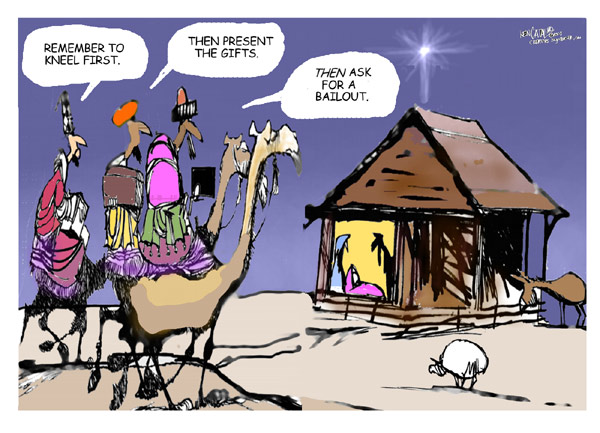
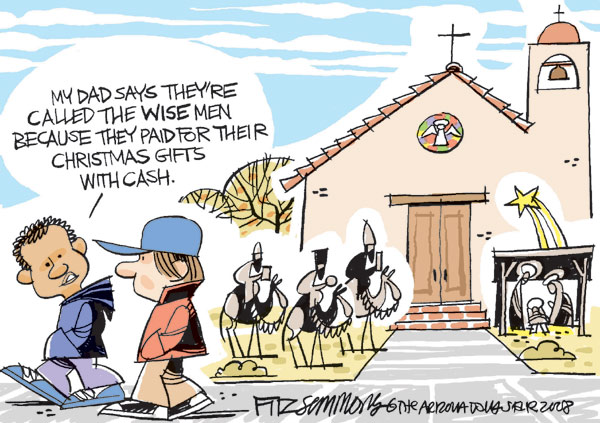
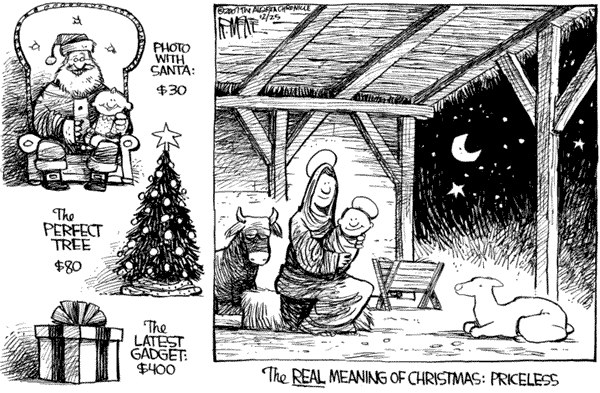



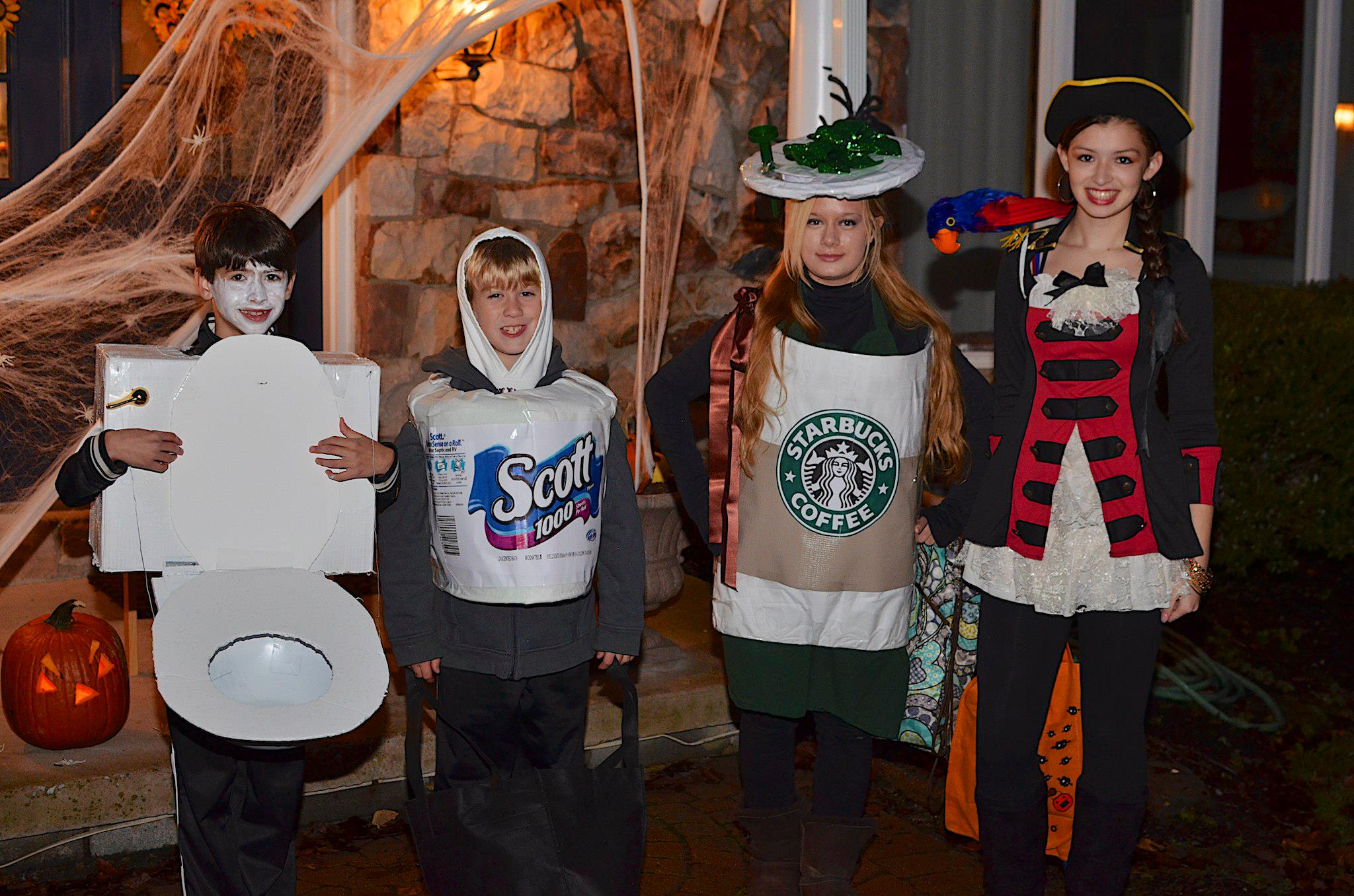
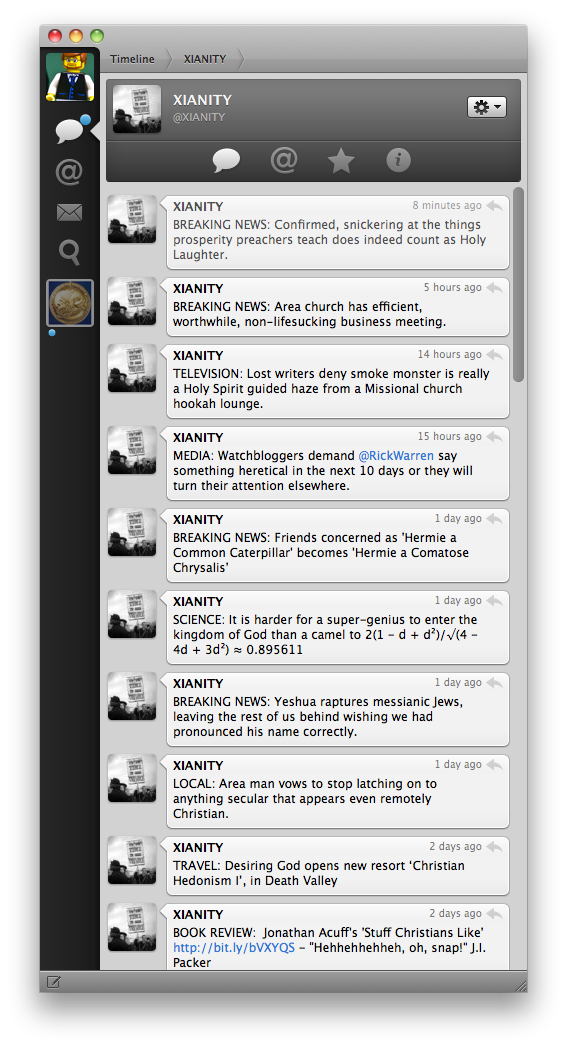
2 thoughts on “Christmas in (political) cartoons”
In re: comic #2:
First see Luke 9:58
Also, if you went to see your folks down in Maryland and all the hotels/motels/B&Bs/hostels/et cetera . . . were booked and you couldn’t stay with the relatives, where would you sleep?
For that night at least they were homeless until someone let them spend the night in a barn. According to Google Maps it is a 33 hour walk from Nazareth to Bethlehem [let’s just go with Tradition here], so it isn’t like Mary and Joseph could just turn around and go back home. It was late, they had been traveling, and Mary might have already been in labor. Who knows if they would have even been warmly welcomed back in Nazareth, after all even back then people could do the math about how much time elapsed between the wedding and the arrival of a baby and make certain assumptions about the mother’s virtue.
And I can speak from childhood experience that living in a house, does not mean that one feels one has a real _home_.
Jan, you certainly bring up some very good points about what it means to have a “home.” Luke 9:58 is not all that relevant to this particular discussion since yes, theologically we are all without a home in this world and Jesus himself was not really “of this world” either.
My objection still is that there is a very real psychological difference between being someone who has no place to sleep for a night or two yet still knowing you have a home to which one can return and being someone who has no home at all, nothing for that night, the next, and the knowledge there is no place called “home” where you will eventually arrive. (And we should also remember that in an ancient context travelers would have expected the distinct possibility of spending the night out “on the way.” There were not inns all along the way such as we have. So Joseph and Mary having to stay “in the stable” is not real hardship compared with spending a night by the side of a road, which may have well been the case just the night before.)
To put it another way, I think that by equating Joe and Mary’s experience with “homelessness” we are diminishing what it truly means to be homeless in our modern world.